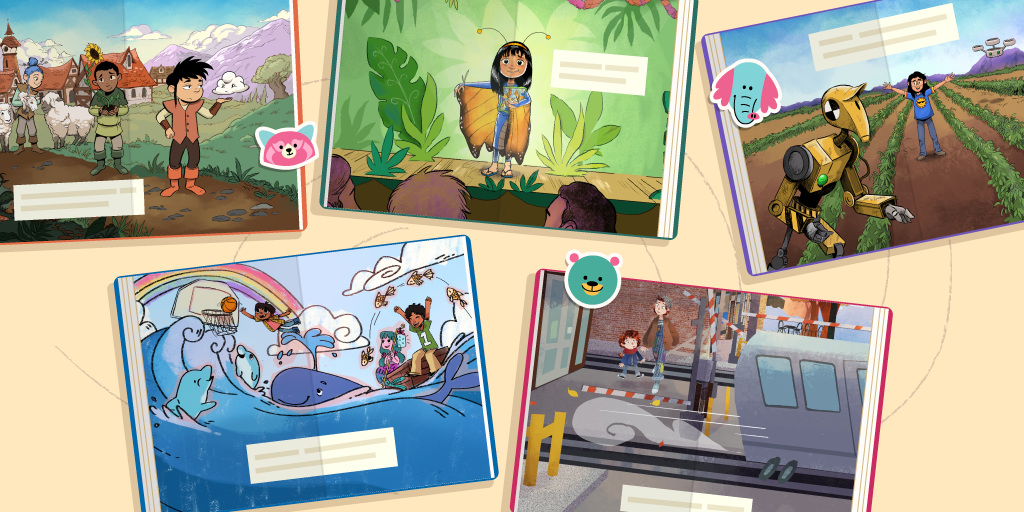When we hit peak summer, we hit the beach. Our beaches double as both a good time and an increasingly rare opportunity to engage directly with nature.
But beaches are, like the rest of nature, subject to harm from human interaction. Just because you’re there to relax doesn’t mean you should relax your commitment to sustainability. Here are some simple tips to keep our beaches, wildlife and waterways clean and safe for the future.
Seek Out Reef Friendly Sunscreen
When you swim with sunscreen, chemicals seep into the water. Nanoparticles commonly found in sunscreen chemicals have been shown to harm coral, fish, dolphins, green algae, and mussels. Even if you don’t swim, those chemicals may ultimately end up in waterways after you shower. Spray-on sunscreens often end up in the sand, from which chemicals can easily migrate into the water.
Some sunscreens now market themselves as “reef friendly,” yet still contain harmful compounds like octoxybenzone/benzophenone, octinoxate, and octisalate/octocrylene. The term “reef friendly” is not regulated in any formal sense, and cannot be relied on.
To make things easy: focus on sunscreens that rely on physical UVA/UVB blockers, like zinc oxide and titanium dioxide, rather than chemical blockers like the hard-to-spell examples above. In addition to being truly reef friendly, they also offer superior protection from the sun.
Stick to Reusable Water Bottles, Coolers, Plates, and Cups
This advice is not beach-exclusive: reusable items are far more environmentally friendly than disposables. Reusing a single item, rather than multiple disposable items, means less emissions from manufacturing and less refuse in landfills.
They’re also, generally speaking, superior products: an insulated aluminum water bottle keeps your water cool and doesn’t leach microplastics into your body. A zippered storage bag keeps seagulls out of your food; a standard plastic bag doesn’t. A reusable cooler maintains your food better than a one-off styrofoam cooler, won’t emit harmful ozone sitting in a landfill, and won’t choke animals.
Avoid Single-Use Plastic
If you must rely on disposable products, avoid plastic. Microplastics are now already commonly found in our commercial seafood and drinking water, and often cannot be fully removed by water treatment facilities.
Other materials, like bamboo and plant-based resins, offer a more environmentally friendly option. For more on eco-friendly alternative plates and cutlery, check out our guide to summer barbecues.
Bring Your Own Trash Bag and Leave No Trace
“Pack it in, pack it out,” a core tenet of sustainable backcountry travel, should also be applied to beach days: whatever you bring in with you, take out with you when you leave.
Most intuitively, this means making sure any and all garbage is disposed of in the proper receptacles—but on a peak summer day, garbage cans often fill up quickly and soon overflow. Make this a non-issue by bringing your own garbage bags, recycling bags, or reusable bags to the beach and carrying your trash out with you.
Flatten Your Sandcastle and Fill in Your Moats and Holes
Here’s another way you should leave no trace: be sure to flatten your sandcastles when you leave the beach, and fill in the moats and holes you’ve dug around them too.
Sea turtle nesting season overlaps with beach season, beginning in mid-spring and continuing through early fall. Upon emerging from their eggs, newborn turtles instinctually make their way to the water. En route, they may be fatally impeded or disoriented by a still-erect sandcastle, or trapped in an unfilled moat. Even turtle mothers have been found trapped in moats.
Nearly all sea turtle species are currently endangered. As such, sea turtles are protected under the Federal Endangered Species Act of 1973: harming or harassing any species is subject to federal fines of up to $15,000, in addition to certain state-specific penalties and fines. For both your wallet and your conscience, it pays to leave the beach the way you found it.
Stay Off the Sand Dunes
Some parts of the beach are not fair game for beachgoers. Sand dunes and beach grasses protect beach erosion and are essential to both preserving beaches themselves and protecting coastal communities from flooding. They also function as sand reserves, provide a natural corridor for wildlife movement, and even serve as a nesting site for many bird species.
Trampling or driving upon dunes or beach grasses can compromise the structural integrity of the shoreline, damage plant life, and threaten local wildlife. In the United States, traveling on sand dunes—especially in any sort of vehicle—is a felony. From Florida to Texas to Michigan, most states have additional laws and penalties regarding sand dunes and seaside vegetation.
Always Keep an Eye on Your Food
Gulls eating your food is obviously not good news for you, but it turns out it’s probably bad for them, too.
As Madeleine Gumas from the University of Exeter notes, “the kind of processed food humans eat is a relatively new addition to wild animals’ diets and it is unclear whether it is actually beneficial for them, which is a concern when the species is declining.”
Fortunately, there’s a simple solution: vigilance. A 2019 University of Exeter study found that gulls are significantly less likely to steal food if they know they’re being watched. If you keep an eye on your food, seagulls will keep away from it. And if you keep it securely stored whenever you’re not eating, you’ll keep food out of the sand and water too.
Following these simple tips will help ensure that our beaches, and the wildlife that relies upon them, will still be here year after year.
To stay ahead of Rubicon’s announcements of new partnerships and collaborations around the world, be sure to follow us on LinkedIn, Facebook, and Twitter, or contact us today.
When we hit peak summer, we hit the beach. Our beaches double as both a good time and an increasingly rare opportunity to engage directly with nature. But beaches are, like the rest of nature, subject to harm from human interaction. Just because you’re there to relax doesn’t mean you should relax your commitment to … Continued General Rubicon







